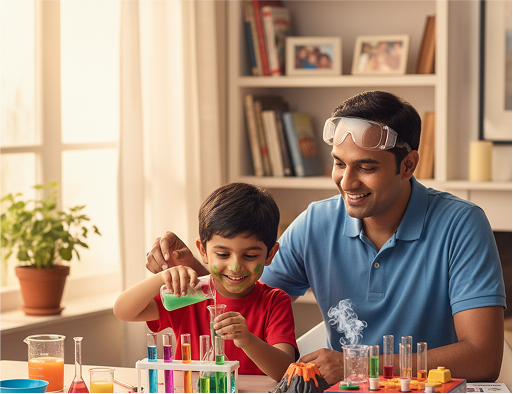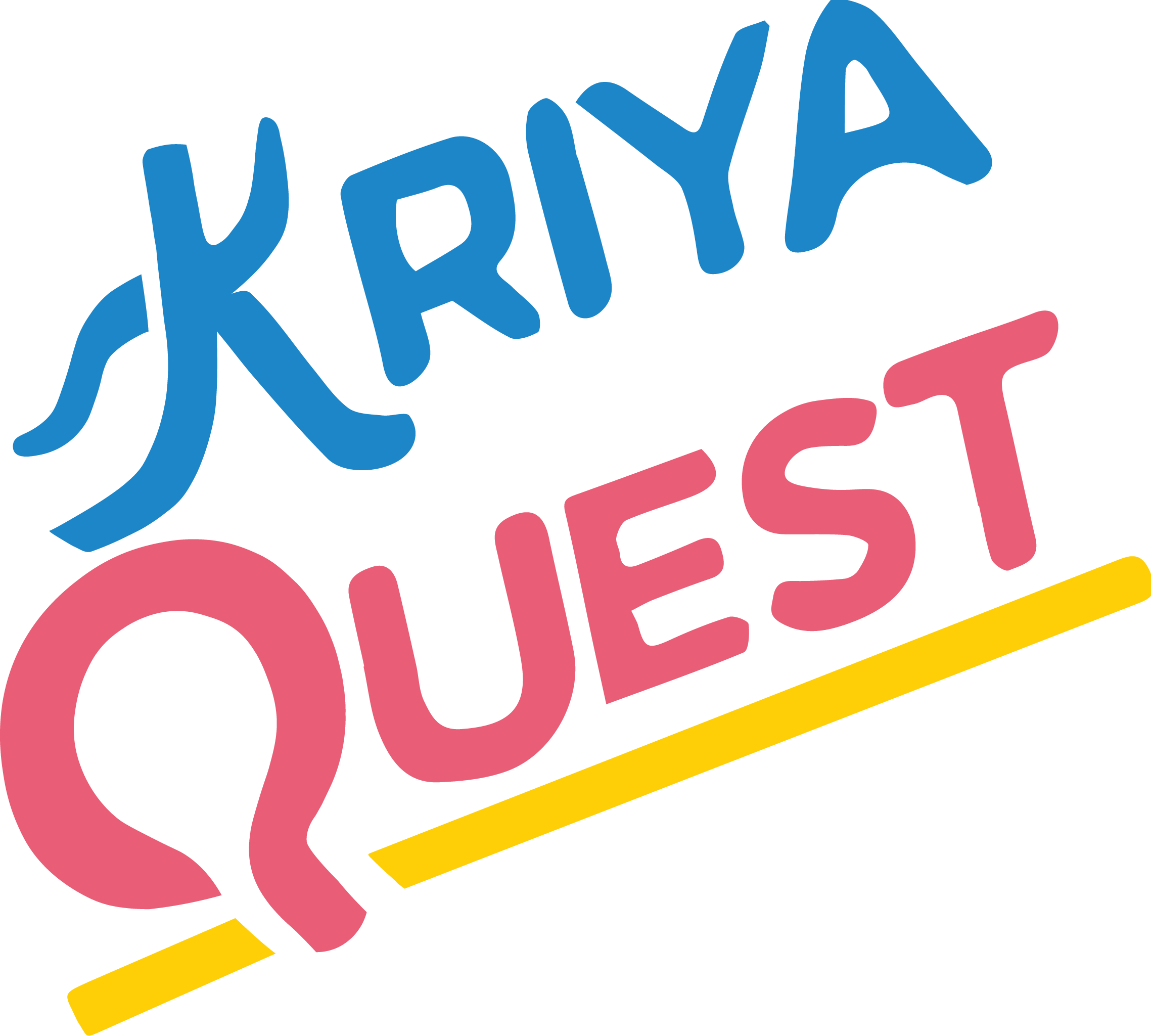Why Kids Forget What They Learn (And How to Help Them Remember)

If you’ve ever seen your child study for hours and then forget everything the next day, you’re not alone. A lot of parents tell me, “My child works so hard, but nothing seems to stick.” Children forget things not because they are careless, but because memorizing is not real learning.
Let’s look at the reasons for this and, more importantly, what you can do at home to stop it.
📖 Why memorization doesn’t work:
Short-term storage Just Kids “cram” when they put information in their short-term memory. It’s like writing notes on a sticky pad: it’s helpful for a while but easy to lose. Children need more than just repetition to remember things for a long time.
- Not enough context or experience. Think about how it would be to read a recipe without ever tasting the food. That’s what it feels like to memorize something. Kids may know the words, but their brains don’t think of something as “important” until they’ve experienced it.
- Stress Makes It Harder to Remember Studying under a lot of pressure often doesn’t work. Stress hormones make it harder for the brain to store information in long-term memory. That’s why kids who “freeze” during tests forget what they learned the night before.
- Various Learning Styles Every child doesn’t learn the same way. Some people learn best by seeing things, some by moving around, and some by talking about things out loud. These differences aren’t taken into account by pure memorization.
What Really Works: Experience and Involvement
Kids learn best when they are doing something active, meaningful, and related to real life. This is called experiential learning, and it’s very effective. This is why:
- Doing things helps you understand. When a kid plays with magnets instead of just reading about them, they become “real.”
- Making connections helps you remember things. The brain remembers things better when you connect them to things you do every day. For example, “Photosynthesis is like how you recharge your toy battery.”
- Curiosity makes you remember things. When kids are curious and ask “why,” their brains pay more attention and remember the answer better.
🏡 How Parents Can Help Their Kids Remember Things at Home
You don’t need fancy tools or a lot of extra study time to make a big difference. Here are some easy ways to do it:
- Make lessons into experiences
If your child is learning about evaporation, boil some water and watch the steam. Cut up a pizza or roti if they’re learning about fractions. These little things help you remember big ideas.
- Promote “Teaching Back”
Tell your child to explain the idea in their own words. When they “teach” you, they’re actually helping their own brains remember what they’ve learned. Even better, act like the student and ask dumb questions.
- Make it relevant to everyday life
Show how lessons relate to real life. Using fractions in cooking, force to push a swing, or symmetry in rangoli designs are all great ways to help kids remember what they learn.
- Use Different Senses
When more senses are involved, memory is better. You can let your child draw, build, act out, or sing about an idea. Even clapping along to times tables can help you remember them.
- Make the Space Relaxed
Kids learn best when they are calm and interested, not stressed. Instead of putting pressure on yourself to study, make it short and fun with breaks.
A Nice Reminder for Parents
It’s normal to be worried about grades, but keep in mind that understanding is more important than memorization. A child may not remember every detail on an exam, but they will always remember the main idea. And that’s how you build confidence for life.
Don’t think of it as a failure if your child forgets what they “memorized” next time. It’s time to stop learning by heart and start learning for real.
Final Thoughts
Kids forget what they learn because their brains aren’t made to remember things that aren’t connected. But when you learn by doing, connecting, and experiencing, it sticks.
Even the most basic things you do at home, like cooking, going for a walk in the park, or talking about your feelings, can help you learn something that lasts.
Because kids don’t need more pressure to remember things in the end. They need more chances to learn, ask questions, and find out new things. That’s the kind of learning that sticks with you.
